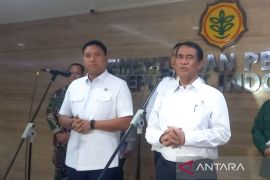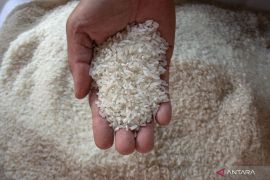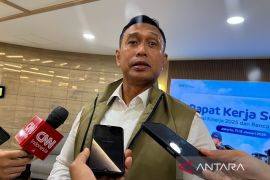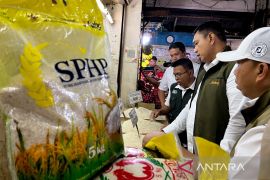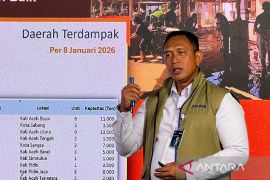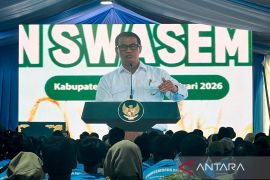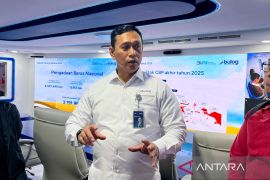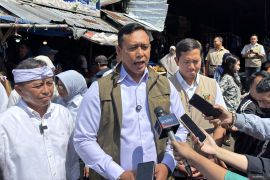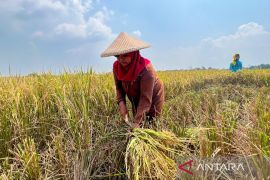The existing sugar trading system which is based on provisions in Trade Minister`s Letter No.527/2004 needs a comprehensive revision as it no longer suits the present conditions in the sugar trade, Suroso Nata Kusuma, chairman of the Sugar Consumers` Forum (FIPG), said here Sunday.
He said revision of the existing sugar trading system would be a logical follow-up to a recommendation of the House of Representatives (DPR)`s Sugar Self-sufficiency Working Group that Bulog should serve as a sugar trade stabilization agency.
Suroso noted that in 2010 the sugar price underwent extraordinary and uncontrollable fluctuations whereas such a market development did not need to happen if there was a national sugar buffer stock that could stabilize the sugar price and thereby effectively protect the consumers` interest.
The present sugar trading system was only designed to protect sugarcane farmers and the sugar industry while ignoring the consumers` interest which always suffered by sugar price spirals.
"Therefore, the Segar Self Sufficiency Working Group`s recommendation to restore Bulog`s function as a sugar bufferstock is quite right," he said.
He said under the existing trading system, the government was issuing importation permits for raw sugar, white crystal sugar and the like.
Under the revised trading system, the government should entrust the importation of sugar to Bulog as the body managing the national sugar buffer stock.
Meanwhile, Muhammad Maksum, an agricultural observer at Gajah Mada University, said the global sugar trading system was now very dynamic, especially in the face of climate change, soaring demand, the competition in the use of produce between food, animal feed and energy.
Therefore, Indonesia`s present sugar trading system which was devised in 2004 should be revised although it should not mean legalizing imports and colonizing the sugar trade with the entry of refined sugar into the general market.
Allowing the importation of refined sugar would mean killing off the domestic sugar industry`s potentials and deprive the poor farmers of their economic right by a decline in the domestic sugar price.
"A drop in the sugar price will reduce the farmers` prosperity and thus demoralize them. This would stifle domestic sugar production and make it impossible for Indonesia to achieve sugar self-sufficiency in 2014," he said.
Yayat Priyatna, a sugar businessman, also said if the authority to import all sugar types was to be entrusted to Bulog, Trade Minister`s Letter No 527/2004 should be revised.
The government cannot straightaway assign Bulog to act as the sole authorized importer of sugar. Bulog could do so and manage a national sugar bugger stock only after amendments were made to the trade minister`s letter, he said. (*)
Editor: Kunto Wibisono
Copyright © ANTARA 2011
